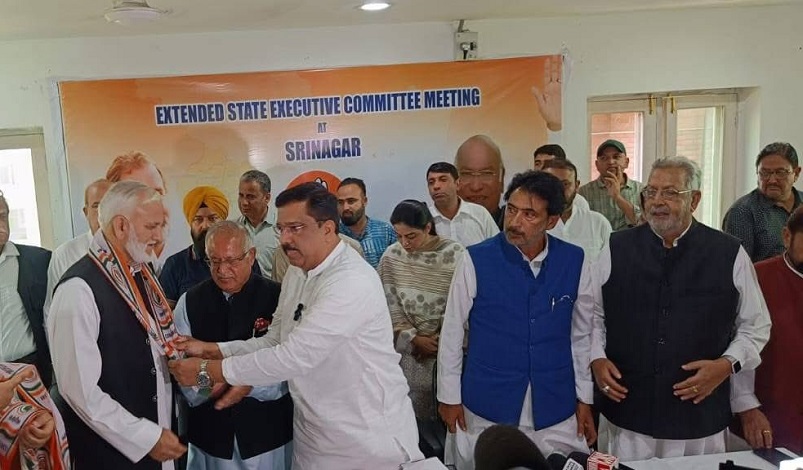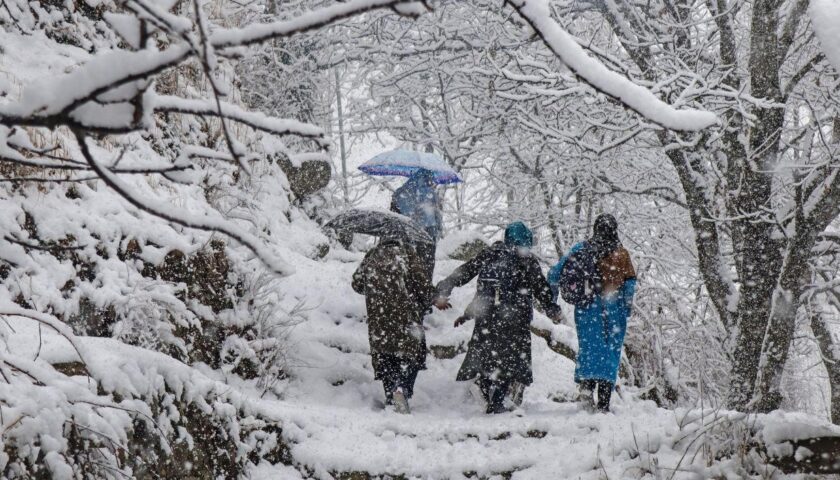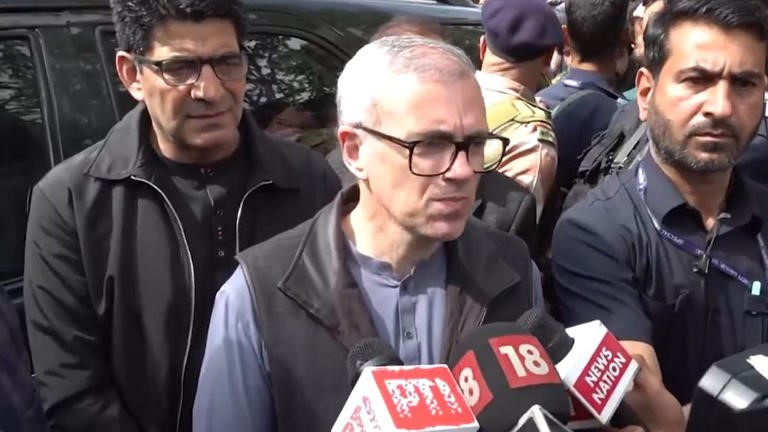Two Ghulam Nabi Azad-led DPAP leaders return to Congress in Jammu & Kashmir with remorse
In a move laden with political symbolism and strategic implications, two senior leaders from the Ghulam Nabi Azad-led Democratic Progressive Azad Party (DPAP) have officially returned to the Congress party in Jammu & Kashmir, expressing heartfelt regret over their decision to leave.
A Homecoming Marked by Contrition
Former ministers Taj Mohiuddin and Ghulam Mohammad Saroori—both influential figures in J&K politics—were welcomed back into the Congress fold at its party office in Srinagar. The event was not just a ceremonial re-entry but a deeply emotional homecoming. Taj Mohiuddin, a respected veteran from Uri, admitted his departure had been a misstep, stating, “I feel I was only on leave. I thank the party leadership for forgiving my mistake.”
Saroori, a prominent political personality from Kishtwar and a seasoned legislator, offered a candid apology: “Humans do make mistakes. I sincerely regret mine and thank the Congress for welcoming me back.”
The Background: From Departure to Disillusionment
The duo had quit the Congress in August 2022, shortly after Ghulam Nabi Azad broke away to form DPAP. Initially seen as loyal lieutenants in Azad’s new venture, their alignment with DPAP was part of a broader reshuffle in Jammu & Kashmir’s political landscape. But what began as an attempt to shape a new political alternative soon unraveled.
Despite early enthusiasm, DPAP struggled to establish its relevance. In the 2024 Assembly elections, both Taj and Saroori contested as independents and failed to make a significant impact—an outcome that appears to have triggered a reassessment of their political affiliations.
DPAP’s Waning Influence and Congress’ Strategic Gain
Their return is being seen as a strategic victory for the Congress and a significant setback for Azad’s DPAP. Once touted as a disruptor, DPAP is now battling internal dissent, dwindling grassroots support, and an identity crisis amid accusations of being too close to the BJP.
Political analysts believe the return of Mohiuddin and Saroori could spark a ripple effect, encouraging others within DPAP to reconsider their positions. “These are not just any leaders—they were foundational figures. Their exit from DPAP raises serious questions about the party’s future,” said a Srinagar-based political commentator.
Congress in J&K: Rebuilding with Familiar Faces
The Congress party, which has struggled to maintain political ground in Jammu & Kashmir post-2014, is treating this return as a morale booster. With the region heading toward possible Assembly elections and a renewed push for political re-engagement, the re-induction of experienced leaders is seen as critical.
Party insiders claim that the leadership—both at the state and national levels—is open to more reconciliations. “This is the time for unity. The Congress remains a big tent where those who regret their departure are welcome back,” said a senior J&K Congress functionary.
Public Sentiment and Political Messaging
For many in the Valley and Chenab region, the return of Mohiuddin and Saroori reaffirms the enduring emotional and ideological pull of the Congress party. Their public expressions of remorse, combined with their electoral defeat as independents, also underscore the limits of splinter politics in a complex region like Jammu & Kashmir.
This episode is a reminder of the critical importance of political consistency and trust in a landscape where voters are increasingly disillusioned with opportunistic shifts.
Final Word: A Moment of Reflection in J&K Politics
The re-entry of Taj Mohiuddin and Ghulam Mohammad Saroori into the Congress is more than a personnel shift. It marks a moment of reflection—for leaders, parties, and the people. As Jammu & Kashmir navigates its political future, gestures of humility and homecoming may resonate more than ever.
In the grander narrative of regional politics, it signals that while alliances may shift and new parties may emerge, the emotional legacy of traditional parties like Congress still holds sway.




